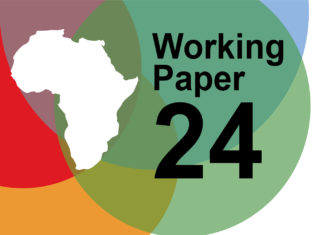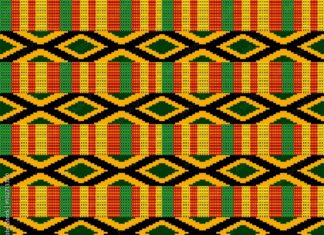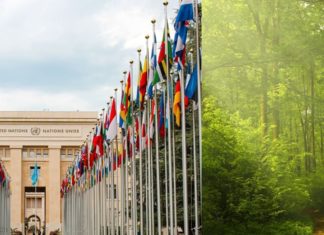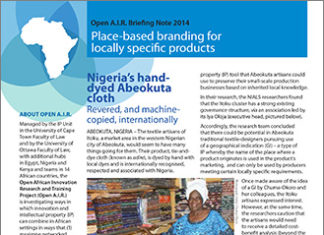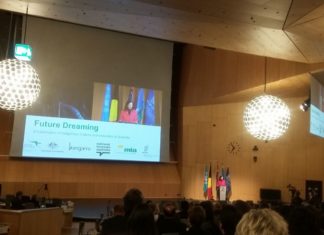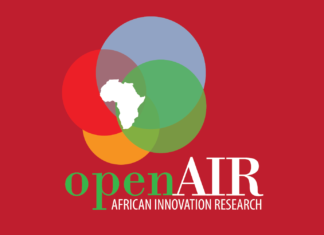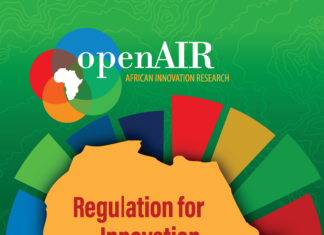Marginalisation of Indigenous Knowledge in African Education: The Case of Rwandan...
Authored by: Chika Ezeanya-Esiobu, Chidi Oguamanam and Vedaste Ndungutse
Abstract: This study explores the use of Indigenous medicinal knowledge by rural Rwandan livestock farmers to treat...
Empowering Rural Craft Women through Social Entrepreneurship and Open, Inclusive Innovation
By Desmond Osaretin Oriakhogba
My Engagement with the Hillcrest Aids Centre Trust in KwaZulu-Natal, South Africa
As part of my on-going project as a Queen...
Providing an Equitable Framework for Safeguarding Intangible Cultural Heritage: Women in...
By Angela Yeboah-Appiah
Women in Ghana face diverse forms of discrimination and are not equally treated as men both in the public and private sphere....
WIPO-IGC 43: Logjam Over Two Genetic Resources Texts
By Chidi Oguamanam, cross-posted from ABS Canada
Last Meeting on the GR Text Under the 2022-23 Biennium
May 30-June 3, 2022: Delegates met in-person and virtually...
Place-Based Branding for Locally Specific Products
Published by Open AIRPublication Date: 2014 Download: Briefing Note: Place-Based Branding for Locally Specific Products (392KB)
This 2014 Briefing Note outlines findings from Open AIR...
WIPO 33rd IGC Session Puts Traditional Cultural Expressions (TCEs) on the...
The WIPO-IGC recently commenced the next installment of its deliberations for a text-based instrument that focuses on the protection of traditional cultural expressions (TCEs), pursuant to its mandate. There are two scheduled forums on TCEs beginning Feb 27-March 3 and to be completed in June 2017, which will round off the Committee’s work for the 2016-17 biennium.
Ramifications of the WIPO IGC for IP and Development
Authored by: Chidi Oguamanam. Over the years, the idea of traditional knowledge has progressively unraveled as a traction point for complex issue linkages between intellectual property and, for example, genetic resources, biodiversity conservation, the rights of Indigenous Peoples and Local Communities (ILCs), food, nutritional and environmental security.
Expedited COVID-19 R&D: Indigenous Knowledge and ABS Imperative
With the world on edge as the COVID-19 crisis progresses, the scientific community has sprung into gear in search of an effective treatment. Research and Development (R&D) is progressing at unprecedented speeds. Amidst this rapid development, traditional knowledge plays a significant role in scientific endeavours. Through traditional knowledge, medical researchers can gain guidance and inspiration and bypass prolonged and expensive scatter-gun approaches to R&D.
Climate Change Injustice: Technology, Innovation and the Politics of Climate Change
By Olanrewaju A. Fagbohun, Ph.D, SAN
In charting a future course where the goal is about equitable and democratic end to fossil fuel production, we...
Annual Report 2023-2024
This Open AIR Annual Report outlines the network's core activities in 2023-24 within our two main current initiatives: the Regulation for Innovation programme and...

